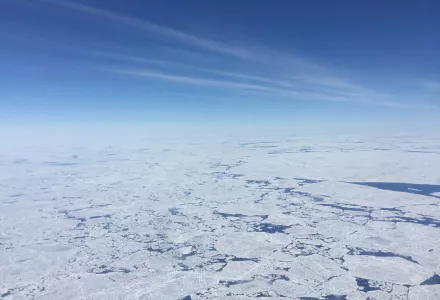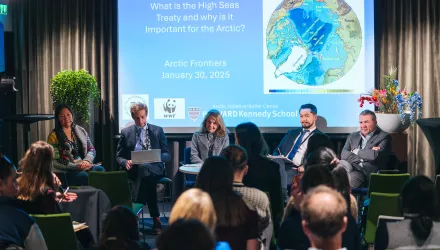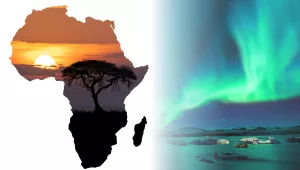Arctic Initiative Study Group: Ocean Conservation and Policy Innovation
As climate change rapidly transforms the Arctic, the ocean at its center becomes a point of focus: melting sea ice enables increased marine traffic; ice-dependent species are migrating or dying; fisheries shift and with them economies of subsistence. These changes can mean risk or opportunity for different stakeholders.
This study group will use Arctic Ocean change as a case study to outline the environmental policy process and build participants understanding of how to effectively engage in the climate and oceans policy space.
To sign-up, please complete this form by Monday, March 8, 2021: https://forms.gle/KYn6nwxr4zq8vnQ98




